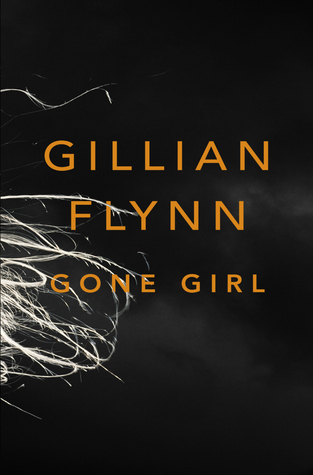
86. The Elite, by Kiera Cass
I read the Selection back when it was first released, largely because of it's pretty cover. (Also, and let's be honest here, because I liked the idea of a Bachelor meets dystopian world concept). I didn't love that book, but I was interested enough to read the sequel.
This book frustrated the heck out of me. I came close to quitting it several times, but I'm just interested enough in the characters to persist.
In Book 1, we meet America, a reluctant entrant into the Selection, the bachelor-style event where the Prince of Illea (future-day America, after being conquered by China, then re-taken by Americans and turned into a monarchy) chooses his princess from among the populace. America is a 5 (out of 8 castes, one being the King's family), and the lowest of the contestants. She also happened to be deeply in love with a level 6 boy, Aspen.
Book two finds America one of the final six contestants, falling more deeply in love with Prince Maxon, while still meeting secretly with Aspen (who is now a guard in the palace). Here's where it gets tricky: one of the things I *did* like is that the author honestly makes America's choice an agonizing one for her. She has to make a choice, but she's dragging her feet because she cares too much for both boys to willingly hurt either. I think this is a realistic dilemma.
But then this book drags this dilemma out--America makes up her mind in favor of one boy, only to receive new information (not always accurate) that makes her change her mind and cozy up to the other boy. Over and over again. To make matters worse, if she gets caught with Aspen, the punishment could be fatal. The chicken in me hated the way she casually risked her safety and Aspen's safety so they could steal time together, even while I realize it's sort of a necessary plot device.
Some of the revolutionary subplots had the potential to be interesting, but they seem like an afterthought: the real focus here is on America's love affair and what choice she will make. Much as I disliked this particular book, there's a very good chance that I'll read the final (I hope) book in the series, because I'm curious to see how the author resolves her triangle, and also to see if anything noteworthy happens with the revolutions.
 89. I've loved Donna Andrews' wacky mysteries for years, since discovering her marvelous Murder with Peacocks. In this newest Meg Langslow mystery, all the usual elements are there: unpleasant character found murdered, suspects abound, and a unique setting--this time, the Un-Fair (basically a county fair) that Meg is helping to run. (Actually, given that this is Meg, she's basically running the fair. In theory she does have a co-chair).
89. I've loved Donna Andrews' wacky mysteries for years, since discovering her marvelous Murder with Peacocks. In this newest Meg Langslow mystery, all the usual elements are there: unpleasant character found murdered, suspects abound, and a unique setting--this time, the Un-Fair (basically a county fair) that Meg is helping to run. (Actually, given that this is Meg, she's basically running the fair. In theory she does have a co-chair).




